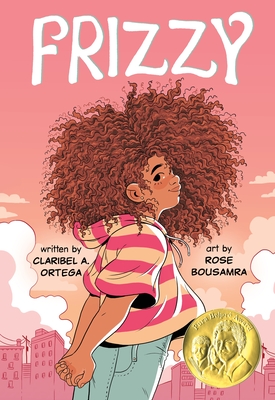
description
9
A Film in Which I Play Everyone takes its title from a response David Bowie gave to a fan who asked if he had upcoming film roles. "I'm looking for backing for an unauthorized autobiography that I am writing," Bowie answered. "Hopefully, this will sell in such huge numbers that I will be able to sue myself for an extraordinary amount of money and finance the film version in which I will play everybody."
Mary Jo Bang's brilliant poems might be the soundtrack to such a movie, where the first-person speaker plays herself and everyone she's ever met. She falls in and out of love with men, with women, and struggles to realize her ambitions while suffering crushing losses that give rise to dark thoughts. She's drawn to stories that mirror her own condition: those of women who struggle to speak in a world that would silence them. Embedded in these poems are those minor events that inexplicably persist in the memory and become placeholders: the time she lied and had her mouth washed out with soap; the time someone said she wasn't his "original idea of beauty but something. / Something he couldn't quite // put his hands on"; the time she stood in indifferent moonlight on a pier as a cat lapped at the water. Tinged with dark humor and sharpened with keen camerawork, A Film in Which I Play Everyone stars Bang at her best, her most provocative.member goods
No member items were found under this heading.
listens & views

GREAT ROMANTIC SYMPHONIES / VARIOUS ...
by GREAT ROMANTIC SYMPHONIES / VARIOUS (BOX)
COMPACT DISC$64.75
Return Policy
All sales are final
Shipping
No special shipping considerations available.
Shipping fees determined at checkout.






